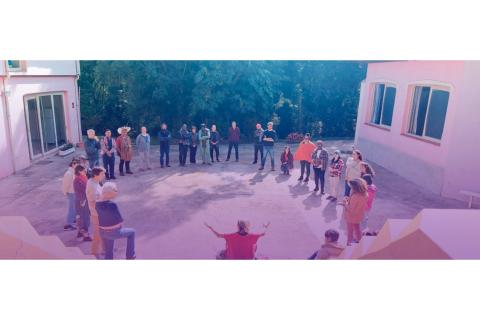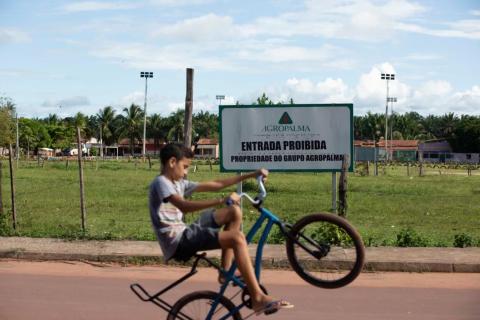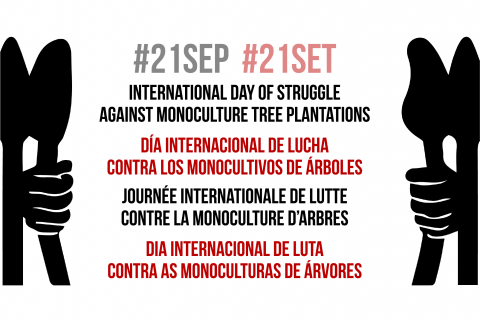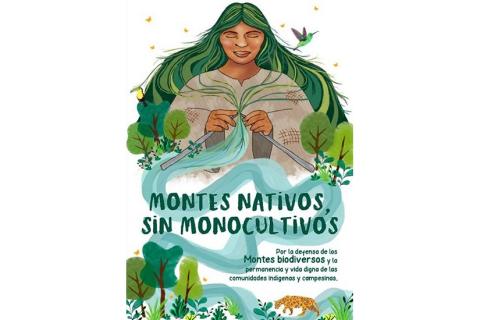Activists from the World Rainforest Movement (WRM) and the World March of Women share their reflections after an exchange that took place in Brazil, with activists from different territories in Africa, Asia and Latin America.
Other information
In early 2023, Chile once again experienced megafires which caused devastating damage to affected regions.
A sector of Peruvian Congress with ties to the logging and fossil fuel industries presented a bill, which, if passed, would lead to certain extermination of the country’s Indigenous Peoples in voluntary isolation.
An investigation from BBC’s Panorama uncovers how British power company Drax is linked to forests being logged in British Columbia, Canada. Drax switched from burning coal to burning wood pellets, which gave the company millions of taxpayers’ money from “green” subsidies.
The news portal Metrópoles travelled 5,700 km to denounce how the palm oil production chain affects quilombola communities and Indigenous Peoples in the state of Pará, Brazil—namely through expropriation of traditional communities, environmental impacts, and a labor history analogous to slavery.
An investigation by SourceMaterial and Unearthed exposed some of the impacts of a major tree-planting carbon offsetting project in the Republic of Congo from oil giant TotalEnergies, which was announced at the end of 2021.
In September 2022, two large contingents of national police and military were dispatched to oil palm plantation concession areas of the Plantations et Huileries du Congo (PHC) in Lokutu and Boteka.
A recent report from the Campaign to Stop GE Trees alerts that the global release of genetically engineered (GE) trees is closer than it has ever been.
21 September, the International Day of Struggle Against Monoculture Tree Plantations, is a day for networks, movements and organizations to celebrate resistance and raise their voices to demand: “STOP the Expansion of Monoculture Tree Plantations!”.
In the framework of September 21st, International Day of Struggle Against Monoculture Tree Plantations, Colombian organizations and movements made a declaration in which they denounce the expansion of large-scale monocultures, and aim to shine light on a problem “that threatens the life, dignity and autonomy of communities.
Documentary film produced by NUPOMAR, Núcleo de Pesquisa, Mídias e Arte, with the purpose of recording and valuing the social memory of the Pataxó Indigenous Peoples of Aldeia Barra Velha (in the municipality of Porto Seguro-Bahia), Brazil.
We share the final statement where they express their demands and claims.











